Microsoft's tablets: scratching the Surface
Inside the enterprise: Microsoft's new tablets look attractive and might prove useful. But some IT professionals are still worried about deploying them.

The first Microsoft Surface devices have been welcomed by reviewers, although the Windows 8-based Surface does have its quirks. But businesses that run mostly or entirely on Windows PCs may find Surface an attractive alternative to iPads or Android slates, possibly with better integration with other parts of the Microsoft ecosystem.
Already, though, doubts have started to emerge about how well Surface will integrate into the workplace. Those doubts centre on its security, and the ability of IT teams to write or customise applications for the device.
Research commissioned by SecureData, and conducted by polling organisation Vanson Bourne, suggested that 12 per cent of IT security managers are worried that Surface and Windows 8 could be a "major threat" to enterprise security.
That might not be a large percentage, but the fact that security specialists have concerns at all over a newly-launched, flagship product should worry Microsoft. SecureData found that more IT managers were likely to deploy iPads than Surface over the next two years, perhaps because, from a security point of view, iOS is now tried and tested.
But security managers also pointed out that the Surface Pro version of Microsoft's slate, which runs the regular version of Windows, is likely to be more at risk than the ARM-based RT version of the device.
Much of the concern centres around the ease of employees downloading or buying Windows applications separately from the Surface as well as the vulnerability of Windows to malware. "More open devices will lack the closed security benefits of the Apple [ecosystem]", said the report.
Microsoft, and the security companies, are likely to address the issue over the next few months with tools to integrate Surface into IT security systems, including malware detection, patch management and data loss prevention. But whilst Surface is so new, the real security risks remain largely unquantifiable.
Get the ITPro daily newsletter
Sign up today and you will receive a free copy of our Future Focus 2025 report - the leading guidance on AI, cybersecurity and other IT challenges as per 700+ senior executives
Problems with customising or writing applications for Surface, though, are already coming to the fore; the combination of Windows 8 and IE10 which will also be on laptops and Windows 8 phones has already thrown up some anomalies. One large UK educational institution, for example, has found that its students cannot access its commercial e-learning application from IE10, forcing them either to use an alternative computer, or a browser such as Firefox.
Netbiscuits, a company that helps businesses develop web-based, mobile applications, has already warned of issues around Windows 8 and IE10, especially around the way the new browser handles website mark up. At the very least, web application designers warn that companies that want their applications to run on Surface will have to carry out a fair amount of testing.
Any good web development team should be testing its public-facing applications and websites for compatibility on an ongoing basis: new platforms, whether it is Windows 8, iOS 6, or even smart TVs, can require design or functionality tweaks. But it is bespoke or customised internal business applications that could be a real challenge for Surface users.
Surface has a lot of potential in the enterprise. But if users, or IT departments, think that Surface can just slot in to a gap left by Windows XP gear, they face a rude awakening.
Stephen Pritchard is contributing editor at IT Pro.
-
 Should AI PCs be part of your next hardware refresh?
Should AI PCs be part of your next hardware refresh?AI PCs are fast becoming a business staple and a surefire way to future-proof your business
By Bobby Hellard
-
 Westcon-Comstor and Vectra AI launch brace of new channel initiatives
Westcon-Comstor and Vectra AI launch brace of new channel initiativesNews Westcon-Comstor and Vectra AI have announced the launch of two new channel growth initiatives focused on the managed security service provider (MSSP) space and AWS Marketplace.
By Daniel Todd
-
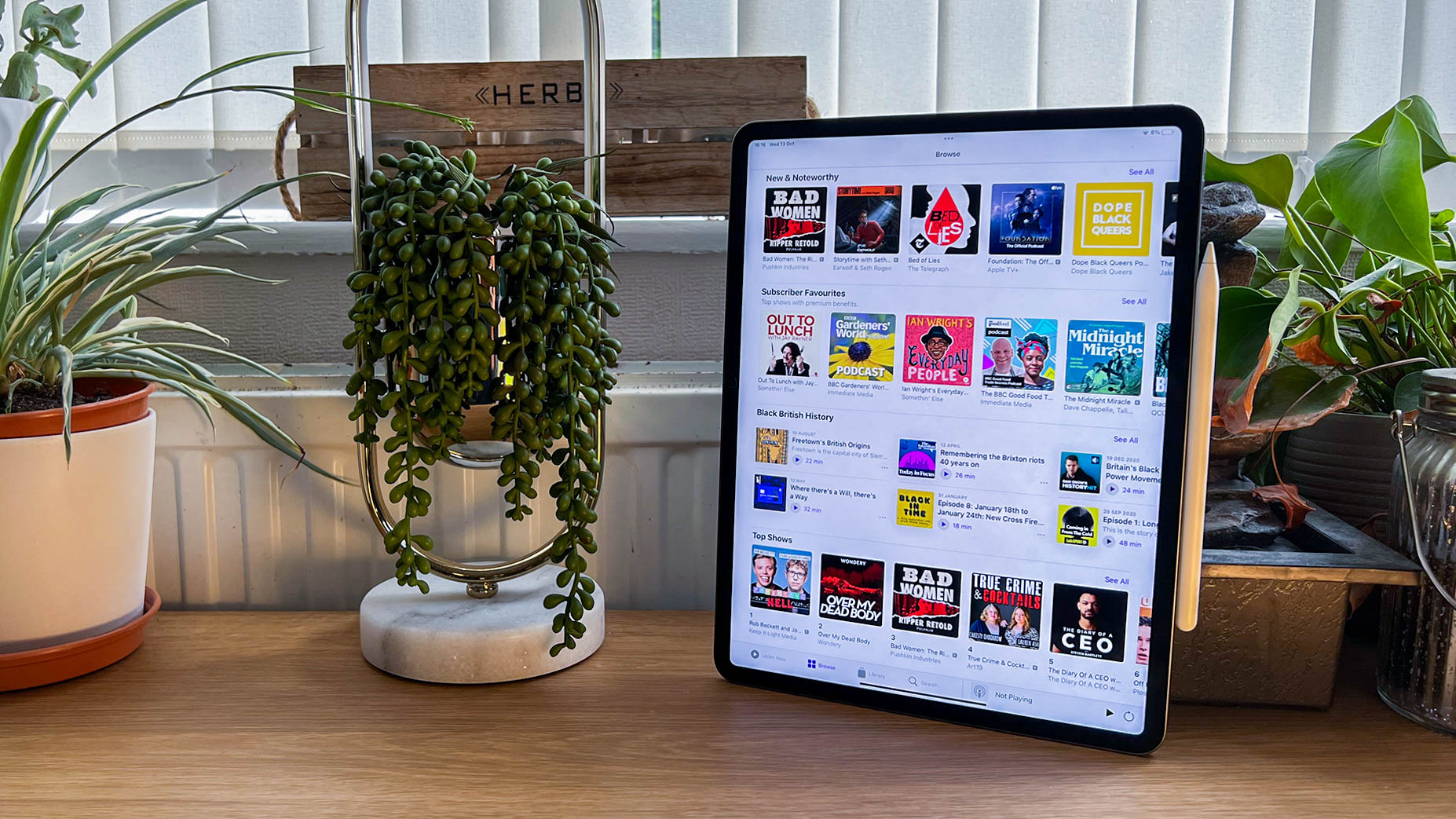
 Apple iPad Pro 12.9in (2021) review: A giant leap for Apple silicon
Apple iPad Pro 12.9in (2021) review: A giant leap for Apple siliconReviews Paired with a 120Hz display with incredible colour accuracy, the iPad Pro is more deserving of its name than ever
By Josh Brown
-
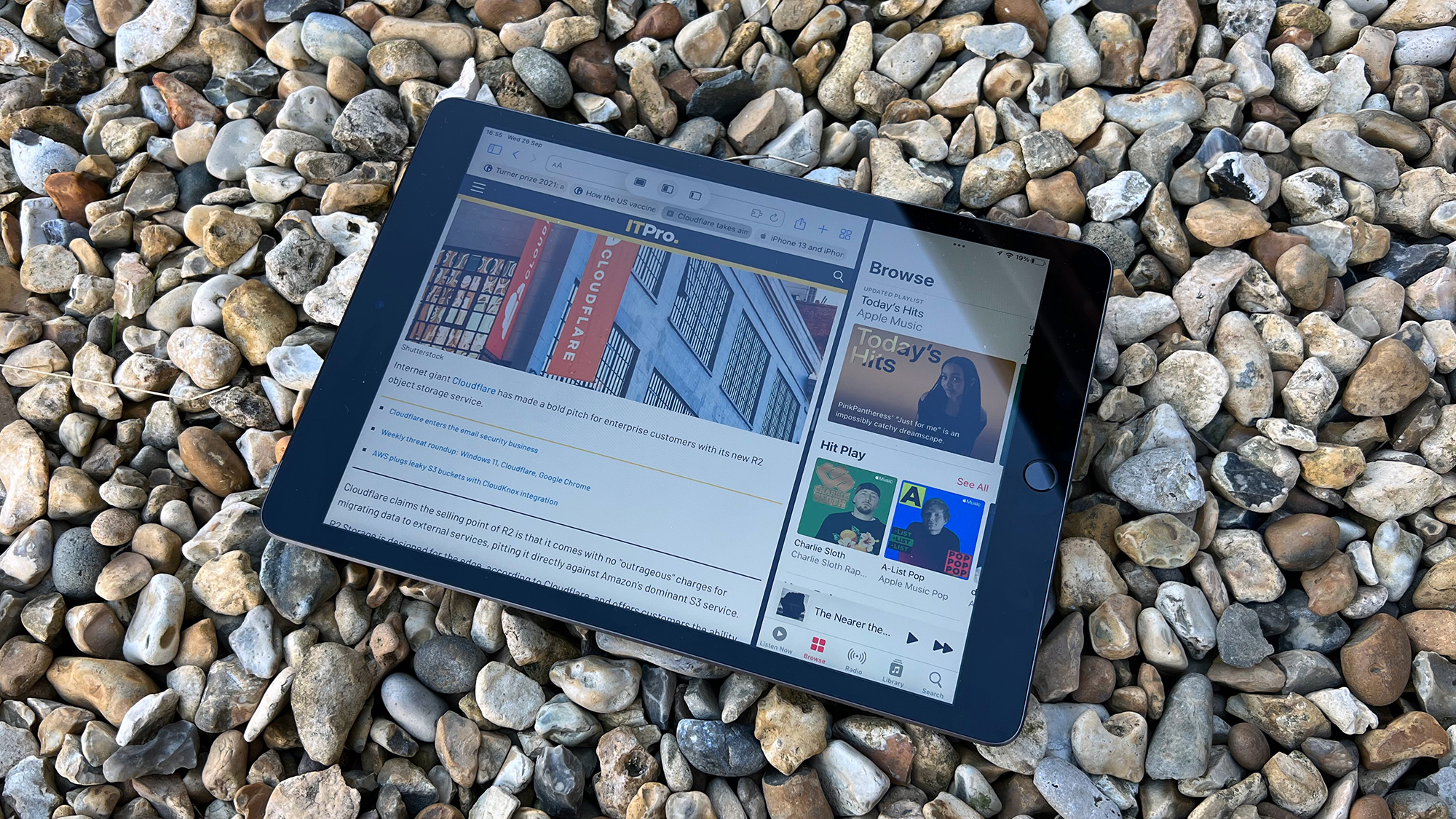
 Apple iPad (2021) review: The best entry-level iPad
Apple iPad (2021) review: The best entry-level iPadReviews Although pointing more to the past than the future, this iPad succeeds where it matters
By Craig Grannell
-
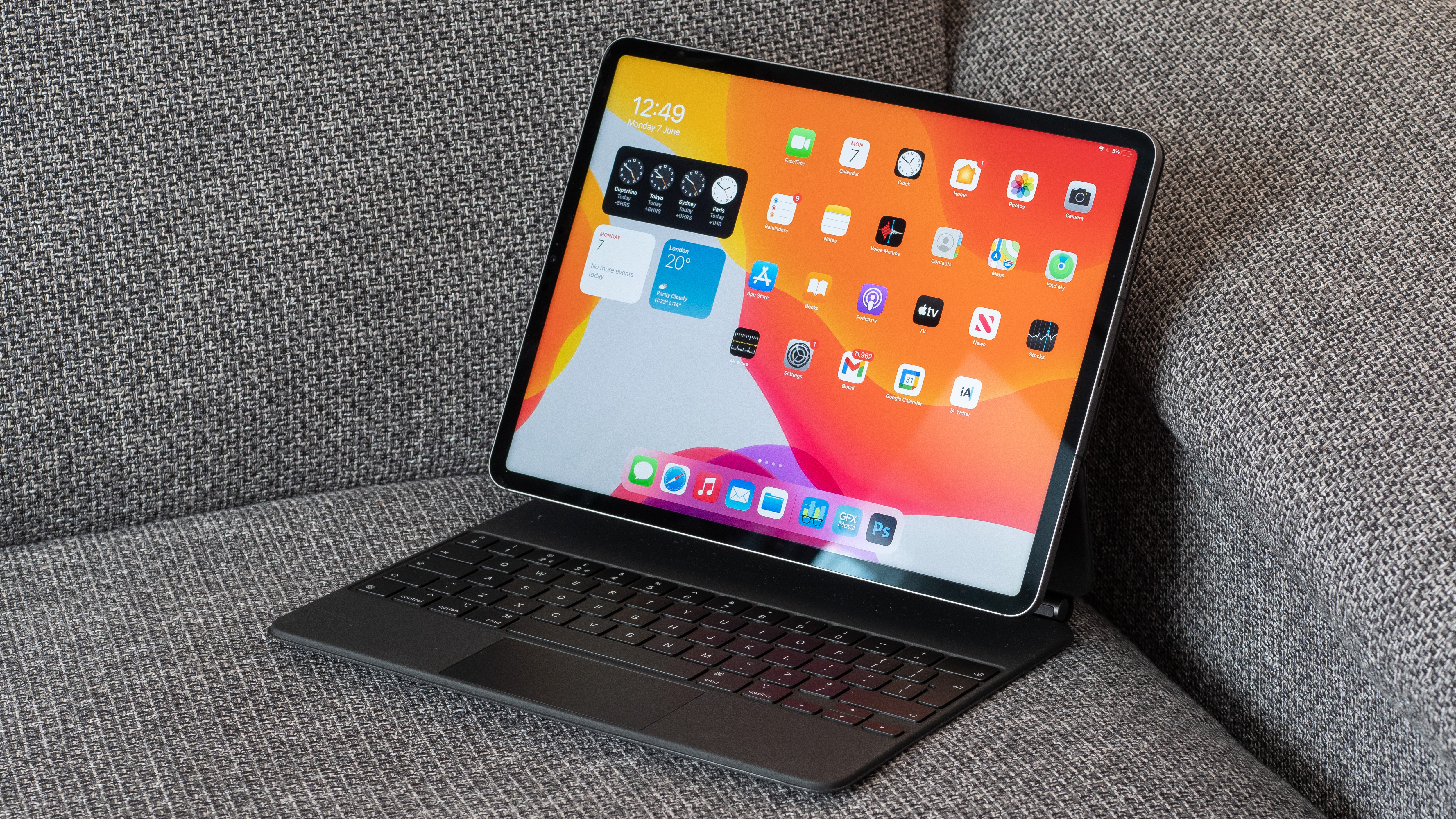 Apple iPad Pro 12.9in (Apple M1, 2021) review: Falls just short of greatness
Apple iPad Pro 12.9in (Apple M1, 2021) review: Falls just short of greatnessReviews More of a laptop alternative than ever with a stupendous display but iOS still has flaws
By Jonathan Bray
-
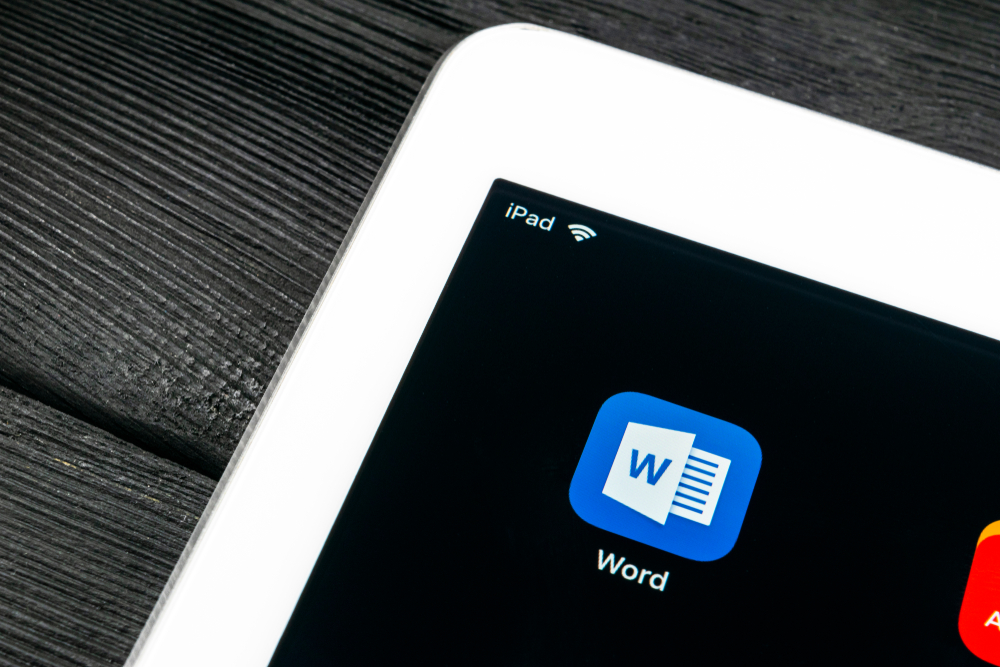 Microsoft Office for iPad gets mouse and trackpad support
Microsoft Office for iPad gets mouse and trackpad supportNews The iOS app update also brings a new start screen and a ribbon of feature menus
By Tyler Omoth
-
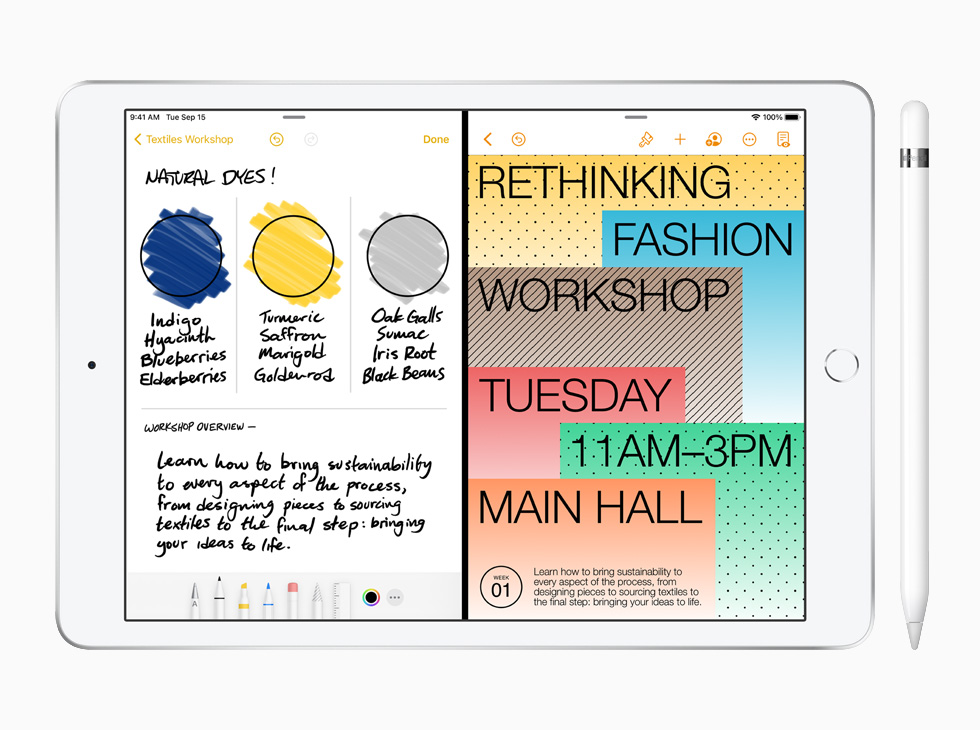 The 8th-generation iPad debuts with the A12 Bionic chip
The 8th-generation iPad debuts with the A12 Bionic chipNews Apple claims it's latest entry-level iPad is three times faster than the top Android tablet
By Sarah Brennan
-
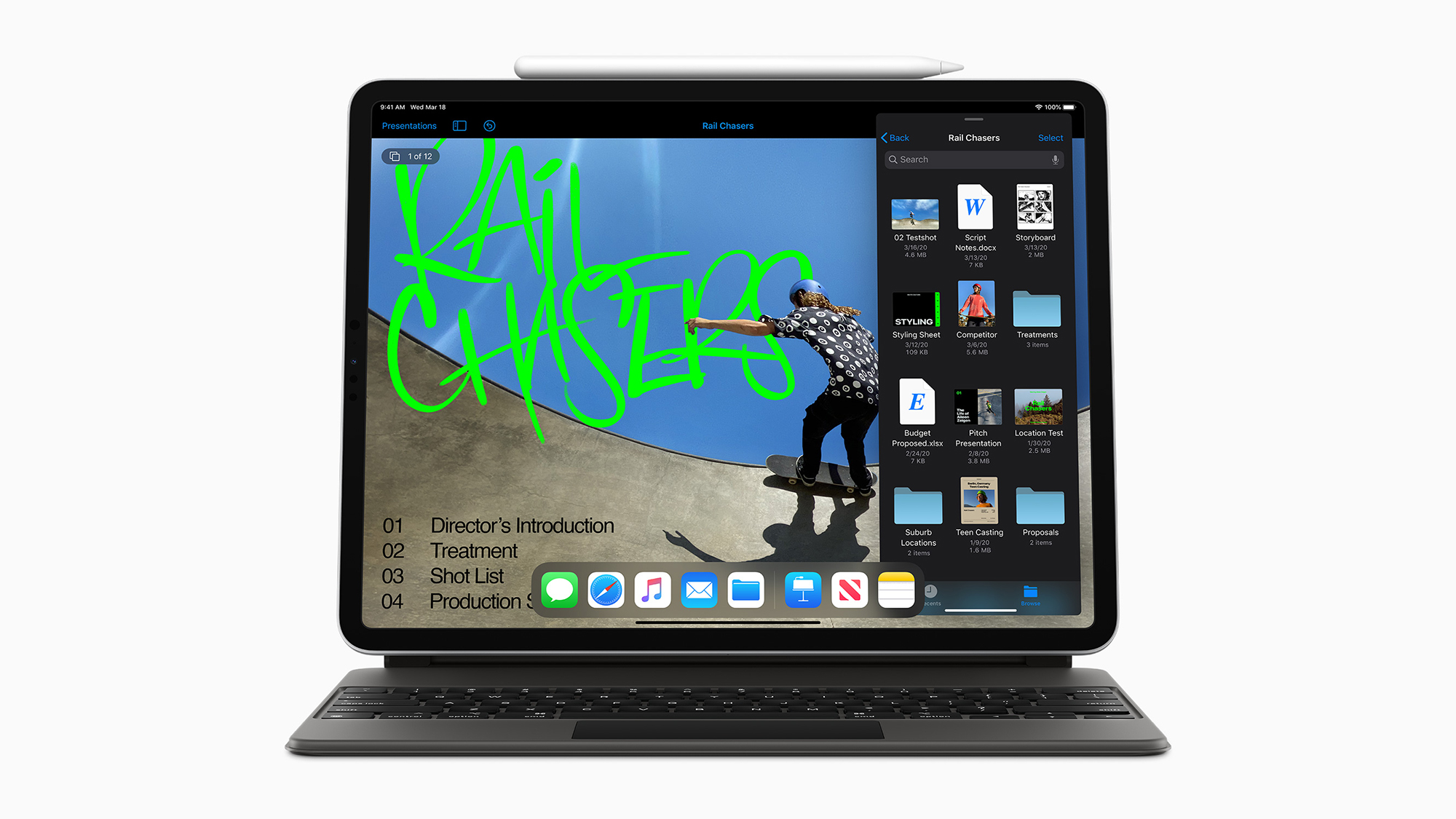
 Apple iPad Pro 12.9in (2020) review: Believe the hype
Apple iPad Pro 12.9in (2020) review: Believe the hypeReviews The most expensive and most ambitious iPad yet
By Jon Honeyball
-
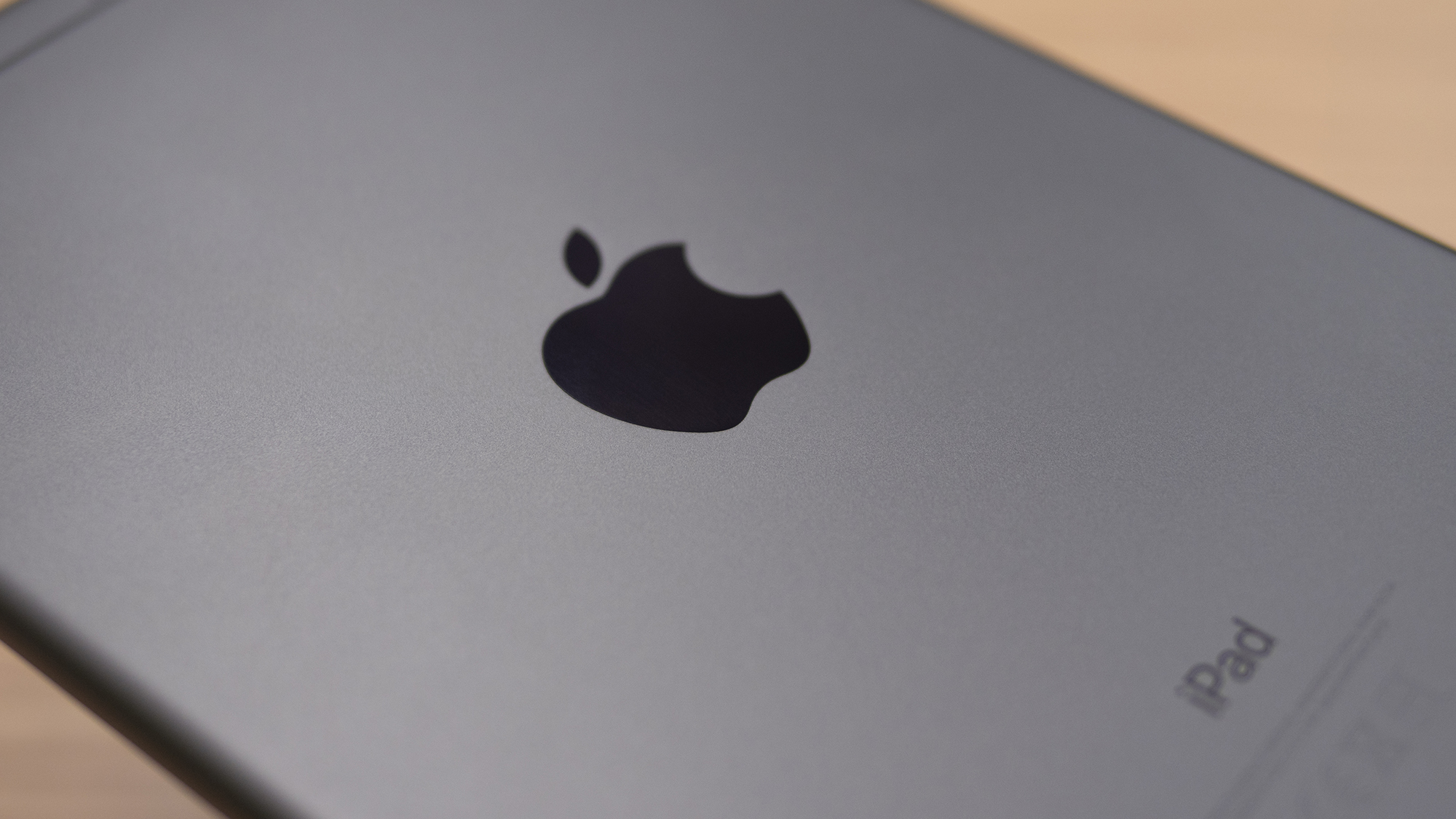 Apple confirms serious bugs in iOS 13.5
Apple confirms serious bugs in iOS 13.5News No fix is available yet for the heavy battery drain and log-in issues
By David Gargaro
-
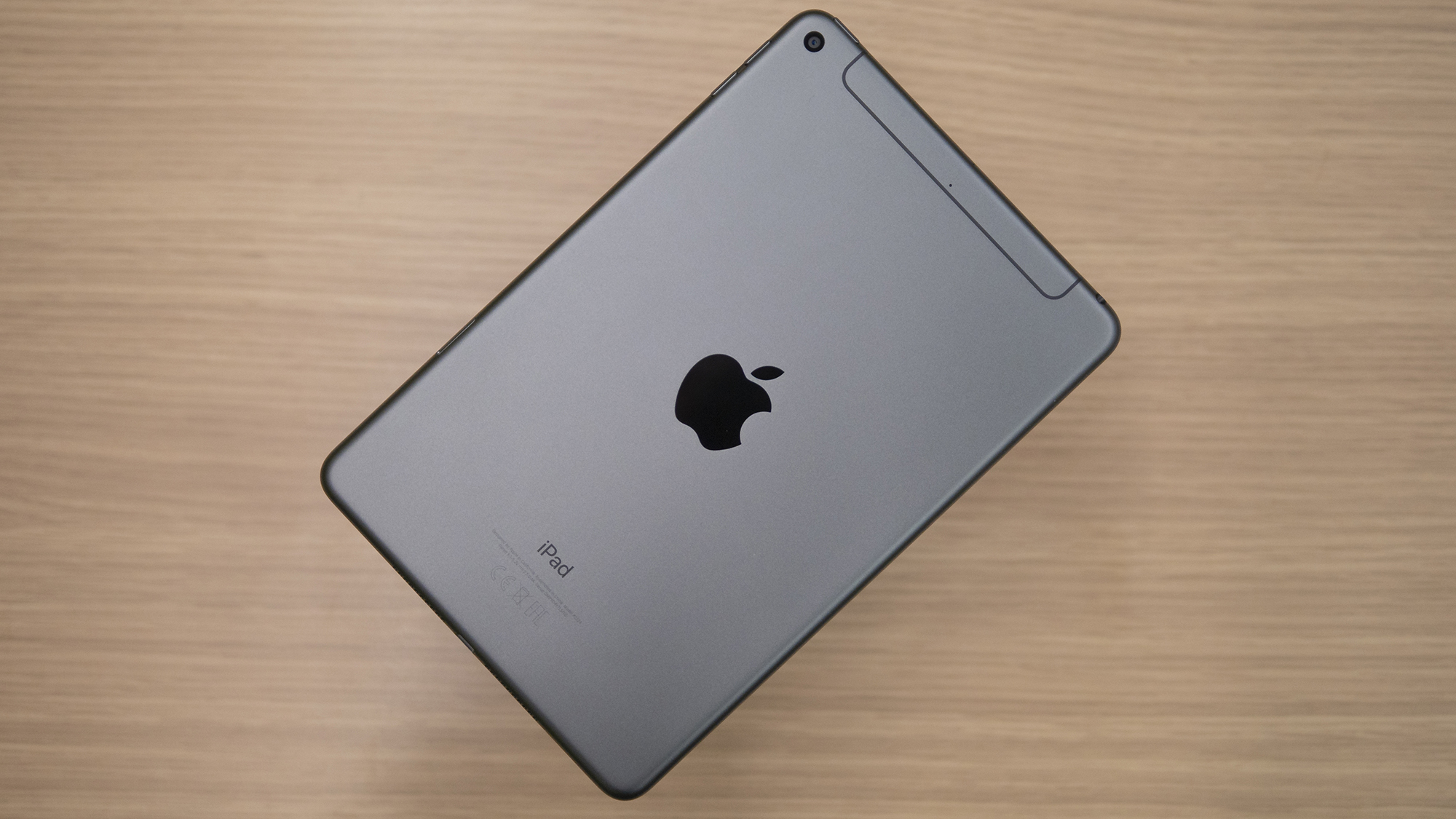
 Apple iPad mini 5 (2019) review: If it ain’t broke...
Apple iPad mini 5 (2019) review: If it ain’t broke...Reviews Almost four years on, the new iPad mini is still every bit as good as always
By Adam Shepherd